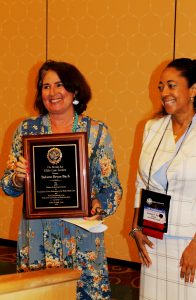As of May 2017, the Florida Senate has voted to put a proposal on next year’s ballot that will increase the Florida homestead property tax exemption from its current value of $50,000 to a value of $75,000. This exemption applies to homesteads worth $100,000 or more and this new bill will give Florida voters the opportunity to lower property taxes. According to estimates regarding the effect of this legislation, it has the potential to save 4.3 million Florida residents a total of $644 million and the average home owner would save approximately $170 annually.
If 60% of voters approve this legislation, this new exemption rate will take effect on the first of January in 2019. Though this bill has its fair share of opponents and supporters, it will now be up to Florida voters to decide if cutting property taxes is the right decision for the state.




Recent Comments